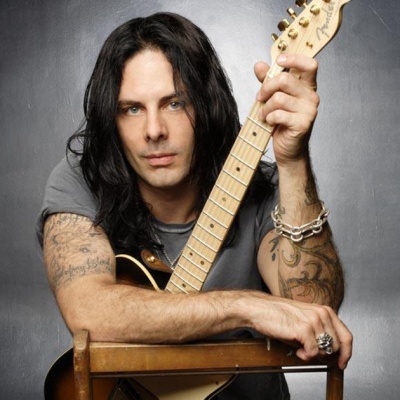
Richie Kotzen
by Heather PharesGuitar virtuoso Richie Kotzen burst onto the heavy metal scene as a teenager with a lightning-fast guitar technique. After recording three albums for the Shrapnel label — including his 1989 self-titled debut, the following years Fever Dream, and 1991s Electric Joy — he was recruited into the party-metal group Poison to replace C.C. DeVille, who was forced out of the band due to his substance abuse problems. Kotzen recorded 1993s Native Tongue with the group, and the album showcased his shredding style as well as his blues-based influences. However, Kotzen left the band to return to his solo career, which included collaborations with fellow guitar hero Greg Howe. By the end of the 90s, Kotzen was also working with the latest lineup of Mr. Big, as well as the fusion group Vertú. In 1999 he released Bi-Polar Blues and the following year saw the domestic release of three albums — Something to Say, Wave of Emotion, and What Is... — which were previously available only in Japan. Slow and Change arrived in 2003, followed by Get Up in 2004 and Acoustic Cuts the following year. His first compilation, Instrumental Collection: The Shrapnel Years, was released in the summer of 2006, with the all-new Into the Black arriving later that fall.
